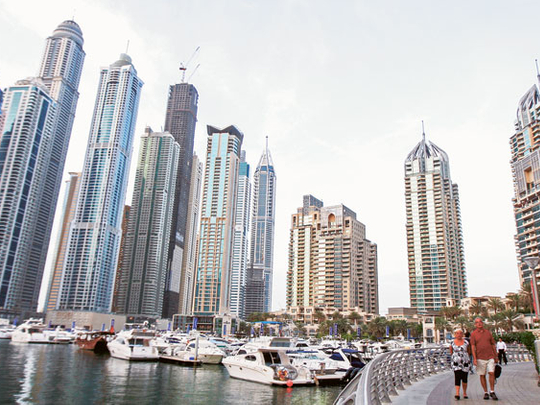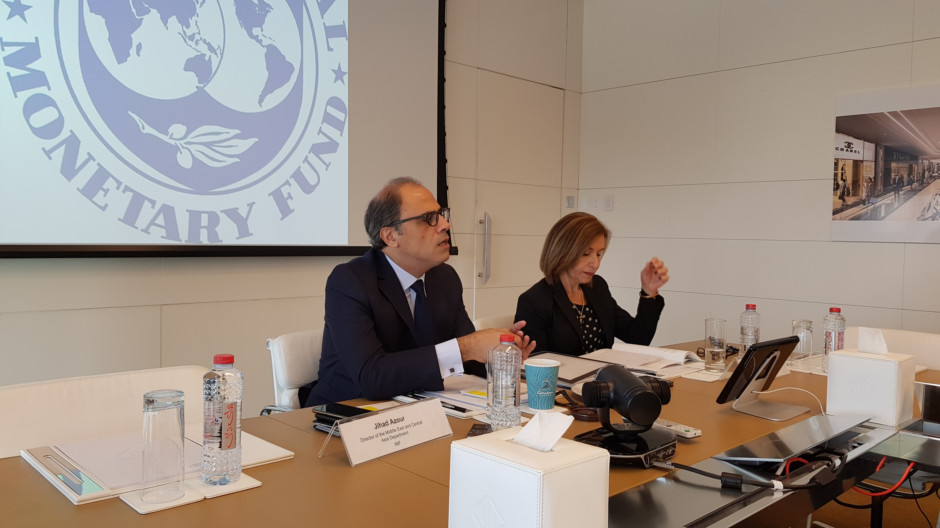
Dubai: The UAE GDP growth is poised for a convincing recovery in 2018 led by strong improvement in non-oil sector growth according the International Monetary Fund.
“Economic diversification efforts of the UAE led by both Dubai and Abu Dhabi and some of the efforts at structural reforms are getting reflected in economic growth outlook of the UAE next year,” said Jihad Azour, Director of the IMF’s Middle East and Central Asia Department.
The UAE’s economic growth, which faced a persistent slowdown from 2015, is expected to bounce back in 2018, according to the IMF. The IMF has projected a 1.3 per cent growth in the UAE’s real GDP in 2017, which it expects to surge to 3.4 per cent in 2018.
Dubai’s GDP growth for 2018 is projected at 3.5 per cent compared to 2.9 per cent and 3.3 per cent in 2016, and 2017 respectively.
Abu Dhabi’s GDP is expected to grow 3.2 per cent in 2018 compared to a meagre 0.3 per cent in 2017 and 2.8 per cent in 2016. The IMF expects a strong bounce back in oil and non-oil GDP of Abu Dhabi next year to 3.1 per cent and 3.3 per cent respectively compared to -2.7 per cent and 3.2 per cent, respectively in 2017.
The IMF has forecast the GCC economic growth will rebound to 3.3 per in 2018, largely driven by turnaround in key regional economies such as the UAE, Saudi Arabia and Kuwait.
While Saudi Arabia’s real GDP growth is forecast to be flat at 0.1 per cent, down from 1.7 per cent last year. Next year Saudi’s GDP is likely to see a marginal improvement largely driven by non-oil sector growth.
Saudi Arabia’s real GDP growth is expected to be close to zero (0.1 per cent) in 2017 as oil GDP declines in line with Saudi Arabia’s commitments under the Opec agreement.
However, the IMF expects growth to strengthen over the medium-term as structural reforms are implemented. Non-oil growth in Saudi is projected to pick up to 1.7 per cent in 2017 with further uptick in 2018 with a projected overall GDP growth of 1.1 per cent.
The IMF dats shows overall regional budget deficits have declined. Data for the first half of the year shows that Oman and Qatar deficits are down by about a third compared with the first part of 2016, and is less than anticipated. Although the Saudi data shows more improvement, cutting the deficit in the first half of the year by more than 50 per cent, the Saudi government pledging to repay various public sector benefits and bonuses could increase expenditure in the second half, leading to larger deficits than anticipated for the year as a whole.













